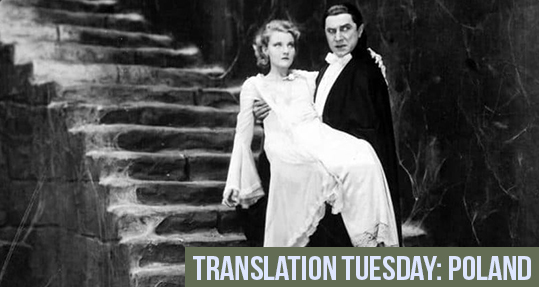Prize-winning South Korean writer Un-su Kim was first introduced to English readers in 2019 via The Plotters, a hitman thriller that follows protagonist Reseng, a man raised by his mentor, Old Raccoon, to be an assassin. Comparisons have been made to numerous other gangster works, such as films by Quentin Tarantino and the John Wick series, yet Kim’s take on the genre is compelling and unique. After the death of a close fellow assassin, Reseng begins to question his place in this lucrative yet nihilistic industry, as the novel takes a more existential turn. In this review—the first of four in a series spotlighting Korean fiction in partnership with Literature Translation Institute of Korea (LTI Korea)—Asymptote editor-at-large Darren Huang explores The Plotters as a political critique of Korean capitalism and considers whether it succeeds in subverting the gangster genre.
The soldierly heroes of literary and cinematic works in the gangster genre are often absorbed and then trapped within rigid political and cultural structures defined by their underworlds. In the 2019 Martin Scorsese film, The Irishman, Frank Sheeran, the hitman protagonist, played by a typically reticent and unsmiling Robert De Niro with his curled lower lip, is initially an outsider but assimilates into the Bufalino crime family by adopting the mobster ethos—cold-bloodedness, discreteness, and above all, unswerving loyalty to his superiors. He never seriously questions the instructions of his boss, even when they involve the killing of a longtime friend and mentor. In Mario Puzo’s crime novel, The Godfather, the tragic hero Michael Corleone at first renounces his family business of organized crime and detaches himself by escaping New York to settle in Italy. A number of incidents (including a car bomb explosion that inadvertently kills his wife and an assassination attempt on his father) compel him to return to New York, where he succeeds his father as head of the family organization. He expands his father’s dynastic empire and rises through ruthlessness and cunning to become the most powerful don in the country. READ MORE…


